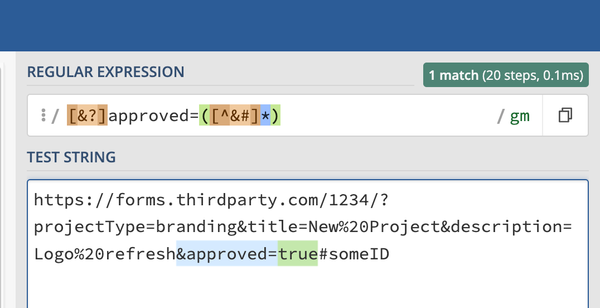Certifications

Certifications can be quick courses that give you both skills and a nice addition to your certifications collection on LinkedIn. I would keep an eye out for those courses, especially if they are free AND they are for concepts or tools you use frequently—or might be using in the future.
It’s actually a decent way to break in a little bit to other fields and get a high-level of understanding for what they do. Being able to speak in a field’s "language" is a great way to impress your colleagues and help you communicate and collaborate better across teams and departments.
Here are my qualifications for a course that is worth the time:
- Is the company that is offering training reputable (in that course's field)? (Google, Hubspot, Spiceworks, etc.)
- Is the course going to teach you relevant skills?
- Is the course length worth the certificate at the end?
- Is the course free?
- Does the course offer a certificate or a badge you can display on social media upon completion?
- Will my current and future employers be impressed with this skill / certification?
For the most part, if those qualifications are met, I’ll throw it in a little queue of trainings to do. I won’t do too many (I typically only do about one per year), because you might spend too much time collecting random skills that clutter your social media and that don’t actually contribute to your career goals.
That said, taking these courses can be a great thing to help you get familiar with a complicated tool or software, or even get decent training for specific fields. It's also a great little section that can go on your résumé. Don't make it too big / too high in priority, but a little list of certifications can go a long way.
Other Forms of Training
The vast majority of training I do on-the-job (and often after hours) is actually with YouTube. No, there aren’t any certificates that I know of for you to grab by learning something on YouTube, but, it is my go-to even for complicated problems.
There are so many people who have created engaging content that you just don’t see in the stiff, corporate world of trainings. Part of that is probably a lack of fear of audience on YouTube. A huge company like Google may need to dumb down their videos/training, because they don’t know who might be using their training. YouTubers can be a little closer to the action, since they tend to specialize and have pretty tight niches of their audience.
Of course, you need to respect the rules of your employer, so do your best to fit within office policy. However, you may be surprised how encouraging employers can be when you tell them you want to get XYZ certified. You might be able to do those courses at work as part of your day. (If they’re not cool with you learning and developing more skills, you might want to examine why you’re still employed there…)
If it’s alright for you to take some time out of your day for learning and skill development, I would recommend learning something new (that is relevant to your skills and goals) every day.
Every. Day. What?!
If you have found yourself reaching for your phone on your breaks or personal development time, think to yourself, “Wait. I haven’t learned something relevant today.”
Get off the phone and go back to Google or YouTube or your course. I’m a firm believer in the compound effect, and staying on top of my skillset is a great way to get through the work day.





